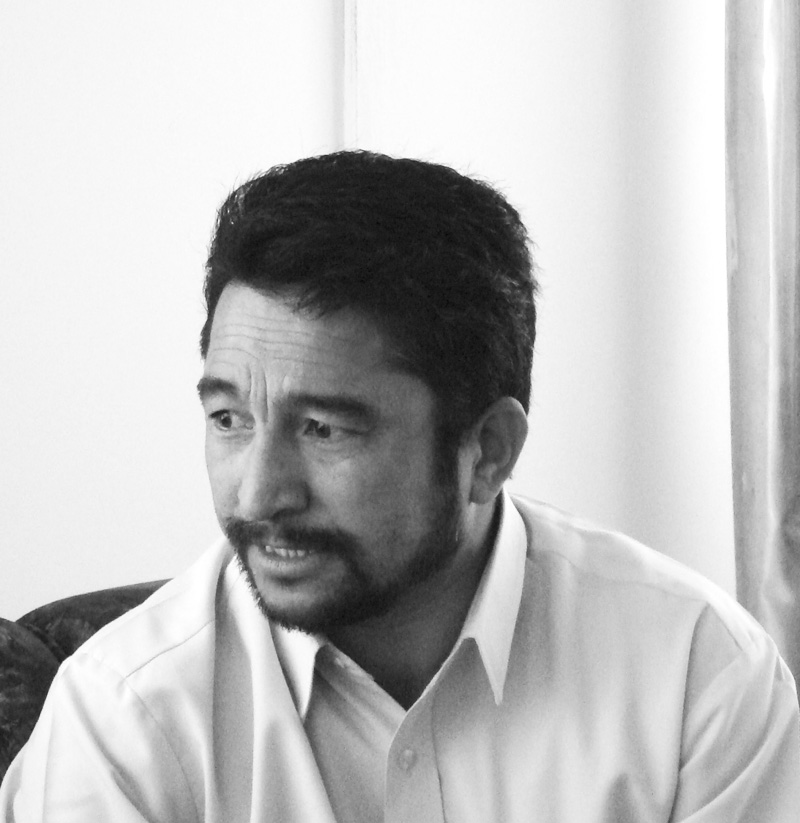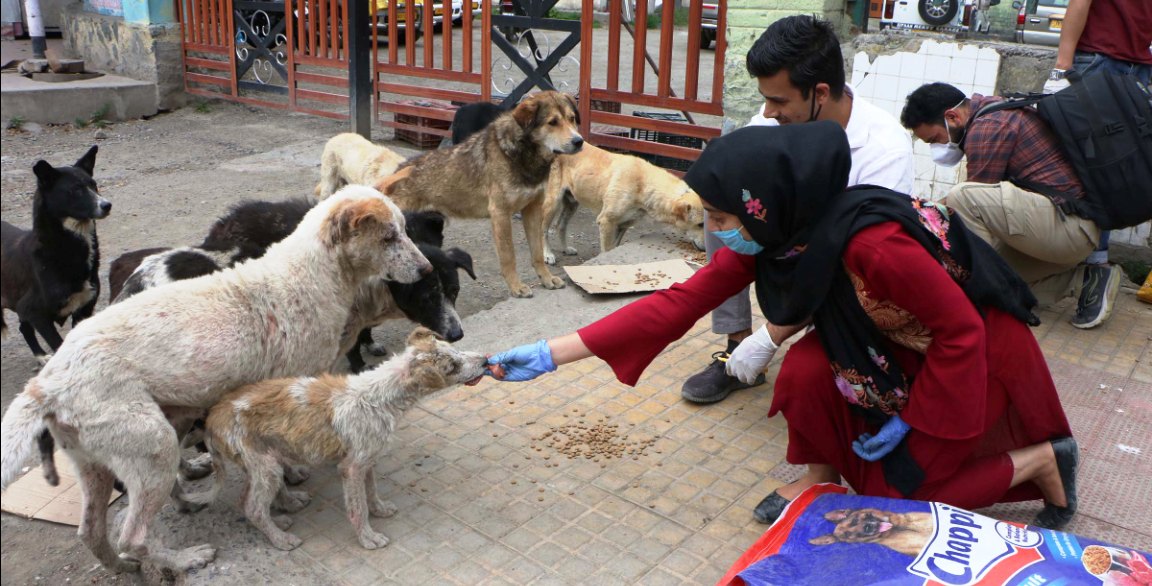by Masood Hussain
SRINAGAR: On Monday, when Satya Pal Malik, the new governor will fly from Patna and formally start governing Jammu and Kashmir, he will get a series of reports about an election. Yes, the state is having an election on Monday for the Ladakh Autonomous Hill Development Council (LAHDC) Kargil.
Officials said the machinery is fully geared up and the polling materials for 258 polling stations were distributed on Sunday from Khree Sultan Cho Sports Stadium, Bimathang. This will be the fourth general election to the Kargil council.
“To ensure the smooth and peaceful conduct of distribution of poll materials and despatch of the staff to their respective polling stations, a foolproof security and other arrangements were made by the district administration,” an official spokesman said. The administration has already attached seven employees for indulging in the election campaign.

The entire district including the remote Zanskar belt will have a holiday to participate in polls that will oversee the development of the arid region for the next five years. Unlike Councils in Leh and Kargil, the state assembly has a six-year term.
The LAHDC, Kargil, constituted in 2003 has 30 berths, four of them nominated by the government. Only 26 seats go for direct elections. For this election 99 candidates are left in the fray after 125 others withdrew their nominations. These include 23 from Congress, 20 of NC, 14 of BJP, 21of PDP as 21 others are contesting independently. The overall electorate is 83844.
Some polling stations are remote and inaccessible. On Thursday, officials said, they flew polling staff to four inaccessible stations: Ralakung, Phema, Shun Chumik Gylsa and Shday.
The Chief Executive Councillor (CEC) with the status of a cabinet minister heads the Council, with four other Executive Councillors having Deputy Minister’s status. The last election to the council held on August 22, 2013, recorded a turnout of 79.65 per cent.

Unlike the LAHDC in Leh, the Kargil Council has not been very impressive in last 15 years. Plagued by the local politics, it is miles away from its elder counterpart.
In the first term, when the LAHDC was a new concept to the region, most of the candidates had come uncontested from their areas as main Kargil showed disinterest. Polls were on a non-party basis. As the elected lot made veteran NC leader Qamar Ali Akhoon as the Chief Executive Councillor, he was soon topped by Congress rival Asgar Ali Karbalie.
Council’s second term was on party basis and the electorate took it slightly seriously. NC completed the full term without any tensions.
The just-concluded third term saw better participation and led to the Congress rule in the Council. Soon, the no-confidence led to the emergence of Haji Hanifa as the CEC. It was finally Kachoo Ahmad Ali Khan who took over and run the Council for most of the term.

“You need 16 berths to become the CEC and the crisis is that nobody is getting this much of number,” Bashir Ahmad, who understands Kargil politics better, said. “There are two sections of the members who enjoy more power in the formation of the council – the independents and the nominated.”

Though all the parties are contesting polls – no party seemingly has the courage to get into all the 26 seats. “All parties have problems, so what they do, they support independents and make them their proxy candidates but when they reach council they being independents take decisions,” Ahmad said. Even in this election, there are some formidable candidates who have decided to contest independently from Sout (Yourbaltak), Saliskote, Gund Mungal Pore, and Pakachika and Lankerchay in Suru belt.
The other crises are the four councilors who are nominated by the government. Normally people nominated to the elected bodies lack voting rights but in the case of Kargil Council, they have using and, even abusing, it. There are two cases in the court challenging the right of nominated members to vote, both awaiting final disposal. However, the man who finally led the council in the last term was an elected member.
There has been another major shift in Kargil politics. Gradually, the politics is coming out of the institutions of faith. Kargil has two major religious institutions: the Islamia School that has traditionally supported the NC; and the Imam-e-Khomanie Memorial Trust that supports Congress. In last few years, the School has publicly stated that it does not want to get into any kind of politics. This may not be very helpful to NC. The Trust, however, continues to be Congress affiliate.

“All these situations point towards one thing – the next council will also be hung one,” Ahmad said. “Everybody will have seats but nobody will have 16 so the fate of the council will be decided by the independents.” This time, the seats will have additional pressure because both PDP and BJP are attempting at some foothold. Though both the parties existed by proxy, they still were trying to get some real number during the campaigning for the fourth Council.
In the run-up to the polls, there were strong voices supporting the election department must extend the service voting rights to nearly 10,000 students who are studying in Jammu and other places. Earlier, political parties would pay for their transportation but it has stopped. Neither election office nor political parties are keen to help them, this time. However, some of them who had come for celebrating Eid with their families have stayed back for the polls.
Elections are expected to be peaceful but it is too early to indicate the outcome. The governor’s administration, however, is expected to be a neutral referee.















